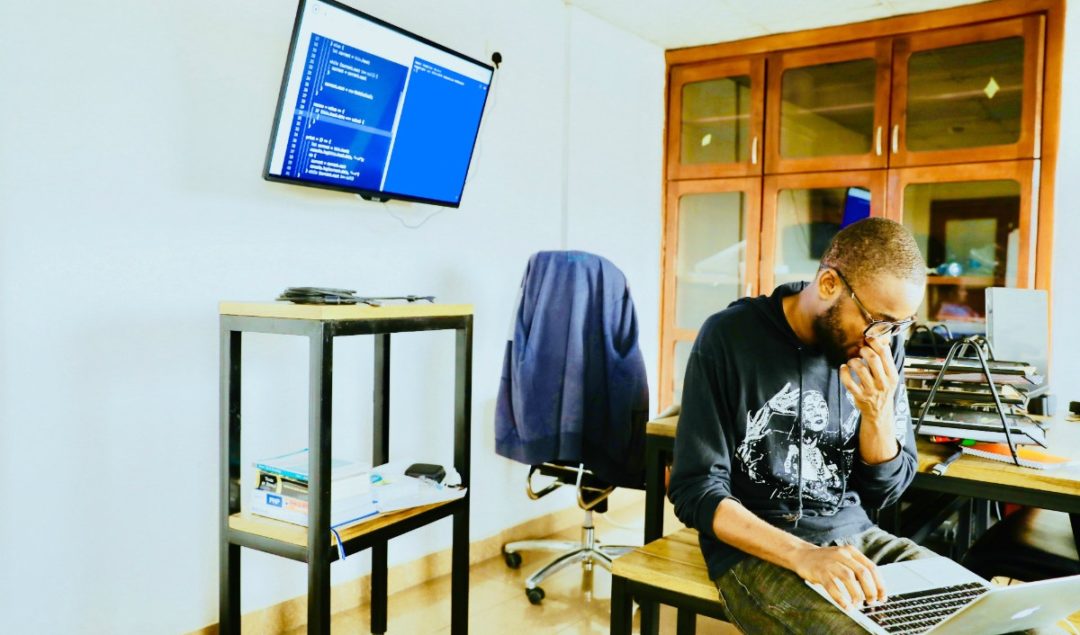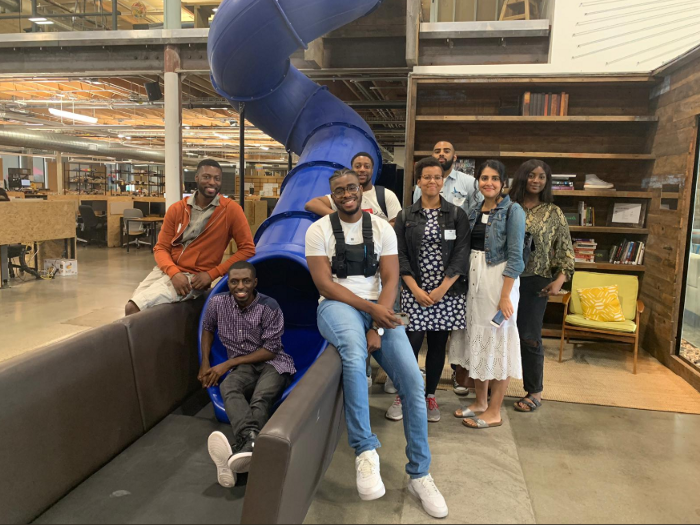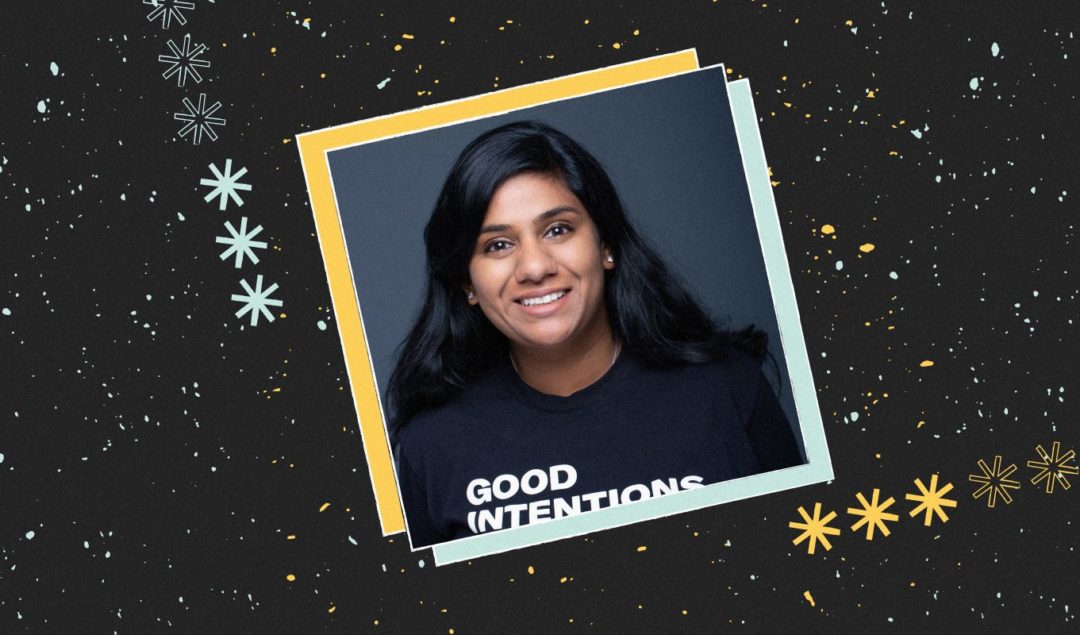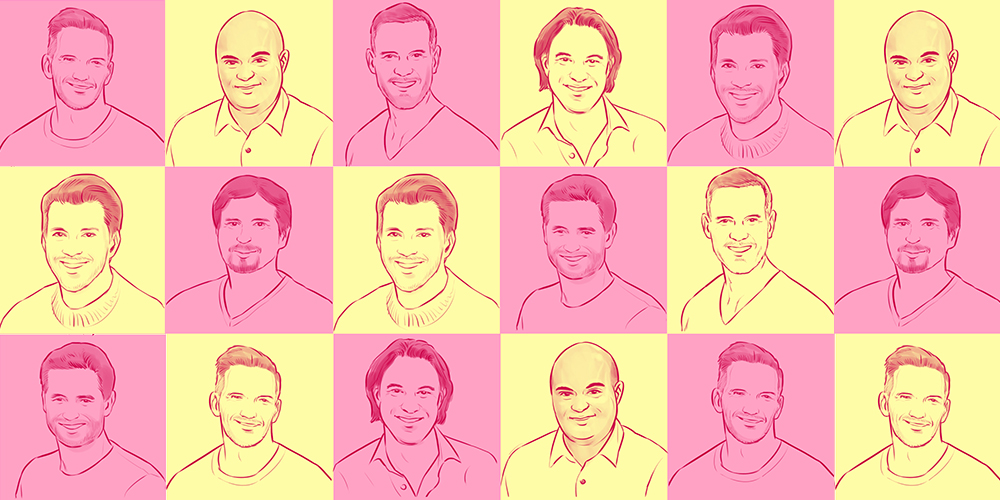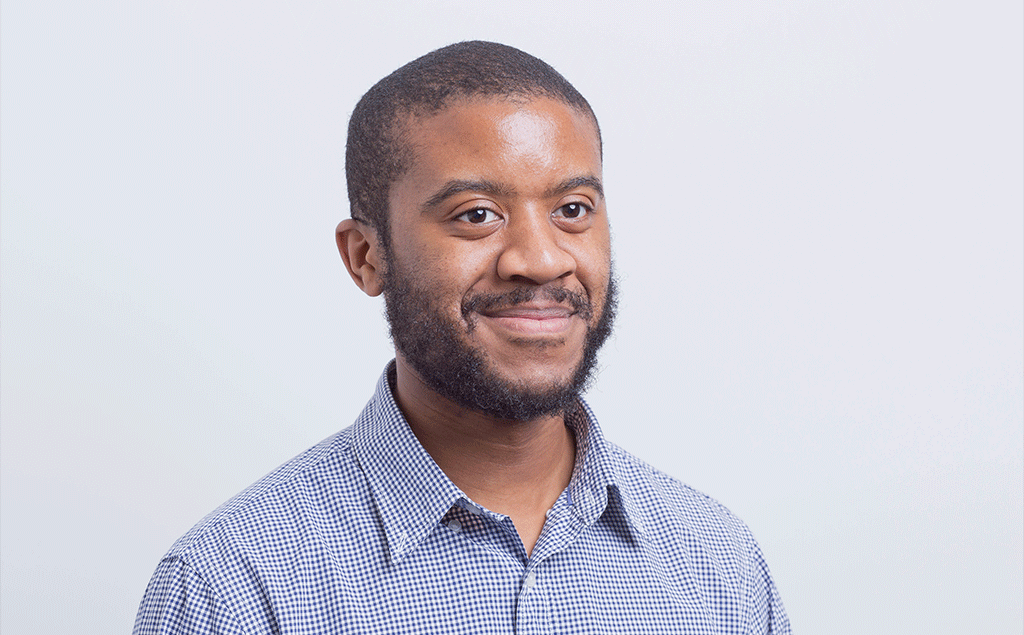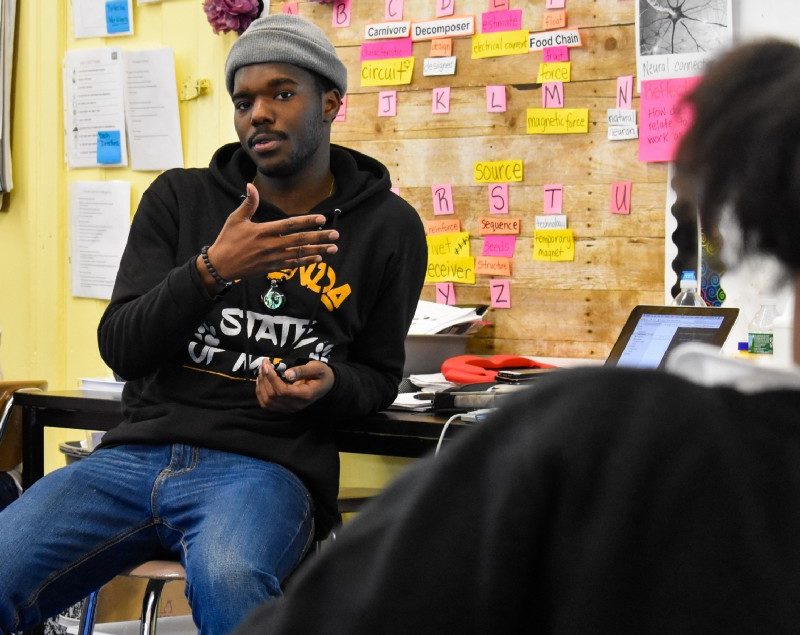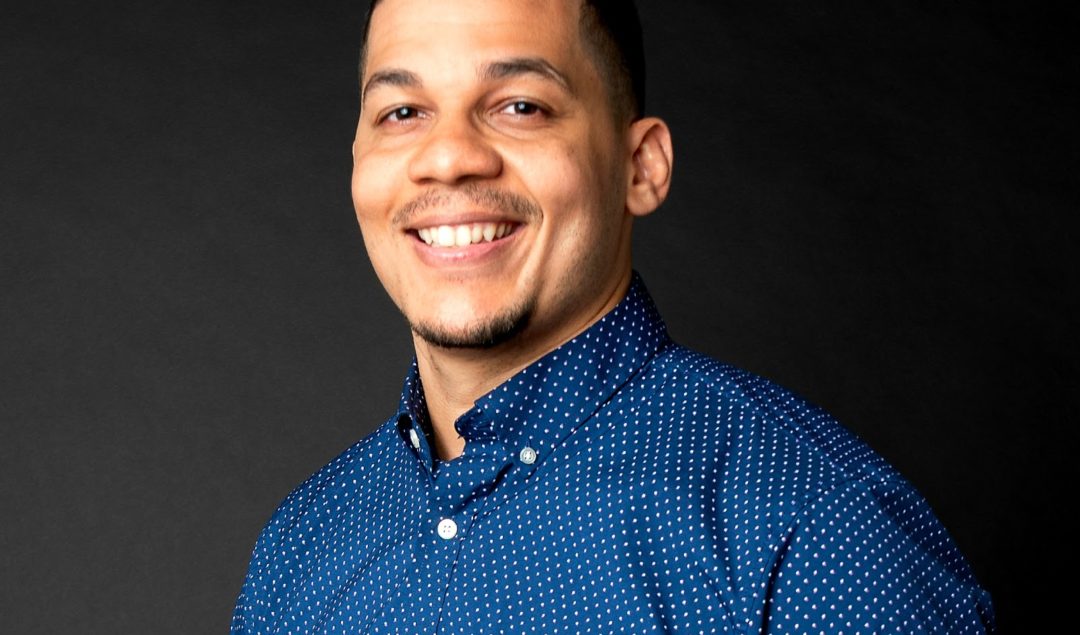Originally posted here by FullStackAcademy “Until my tenure at Twitter, I strongly resisted being ‘the Black guy,’” writes Mark S. Luckie, an author, digital strategist, and former Twitter employee. “I didn’t want to be the sole representative of a multifaceted group of people or be siloed into focusing on Black issues.” That perspective makes total sense. Wouldn’t you feel uncomfortable if everyone in the office expected you to speak for millions of other individuals for no other reason than that you were seen to share the same skin color and
“Should I have a career in tech?” Up until about a year and a half ago, this thought had never crossed my mind. This all changed when I became the marketing manager of 23 Code Street, a women’s coding school. I read and learned a lot about tech, completed our web development course and became fascinated by the industry. When I heard about YSYS’s and Color in Tech’s Immersion program- I applied straight away and fortunately got awarded one of their scholarships! I spent one week in Los Angeles in
Sitting in my African American Psychology class, I was introduced to Design Experience and Thinking in a guest lecture Skype session by Shayna Atkins, product consultant and founder of Atkco Inc and The Queens Brunch. Probably 5 seconds after the terms rolled off her tongue, I was on her website and searching for anything I could find on this topic. Naturally, I came upon user design experience and instantly fell in love with the idea of solving problems by meticulously crafting experiences in a collaborative and dynamic process. I saw
I love mission-driven jobs. In fact, I’m borderline addicted to them. My whole career has been in the nonprofit sector because I want to spend every ounce of my working life on missions I believe in. And yet, as a leader and a coach in the nonprofit sector, and someone who cares deeply about gender parity and race equity at work, I know that for lots of us — and especially women of color — our passion for the work we do sometimes makes us vulnerable to inequitable pay scales
Abstract.com VP of Engineering, Rukmini Reddy, shares the pivotal events that helped shape her path and underpin her leadership philosophy. Originally published here. Yes, I said bad-ass. I went from being just another Indian school girl being taught in a convent, to being a VP of Engineering for three incredible companies in Silicon Valley. While having twin boys who are now 5. So, yeah. I lean into my badassery because I have worked very hard for it. Courage is one of my core values. But it wasn’t always that way.
This was originally posted here by the Black UX Collective. When I learned about UX design, I fell in love immediately. The idea of being able to enhance the experience of users resonated with me in ways I did not fully understand. As I became more immersed in the field, I realized why it felt so much like home. Black people work to enhance the experiences of our community consistently. We fight every single day to design a world where we are seen, heard, and loved. Space-making is an iterative
Originally published here by Frauenloop Over the past three years of training women at FrauenLoop to enter the tech industry, this question comes up again and again. Between my female mentors and students, I’ve heard the doubts and insecurities from women with high voices, women with children, women wearing headscarves, women with accents, women with brown skin, women who have female partners, women without valid passports, and women worried about finding work because their faces or figures no longer suggest they are thirty-two. “Is this a good company?” FrauenLoop students
Over the last 12 months, several people have reached out to me asking the question, “How can I get a job in Venture Capital?” I don’t have a silver bullet to answer to this question, but I will share useful steps to consider when breaking into venture. What this post won’t cover are common routes into venture through doing an MBA or moving from an M&A role at an Investment Bank into venture capital. Those routes are well documented and very much conventional. 1. Learn the Fundamentals It is essential
I’d been working spotty freelance contracts for years and finally landed a stable full-time job in NYC. I was receiving a competitive salary doing something I would easily do for free, and I quit after a year — to do it my way. Teaching and uplifting others, building inclusive and innovative community spaces, and diversifying the technology industry from top to bottom have been personally important to me for over a quarter of my adult life. I’ve spent the last 6 years devotedly working as a software engineer, educator, and entrepreneur with
Netflix is hiring on pocitjobs.com In his career of more than 13 years, Chris Cochran has witnessed how the cybersecurity industry has changed and gained in popularity. Now, as a threat intelligence lead for Netflix, he is on the frontline of innovation, dealing with threat issues that no one has encountered before. Speaking at a high school event, Chris Cochran tells the story of the Bangladesh cyber heist. A group of North Koreans allegedly used the Swift financial system to defraud the US Federal Bank account of Bangladesh Bank of

